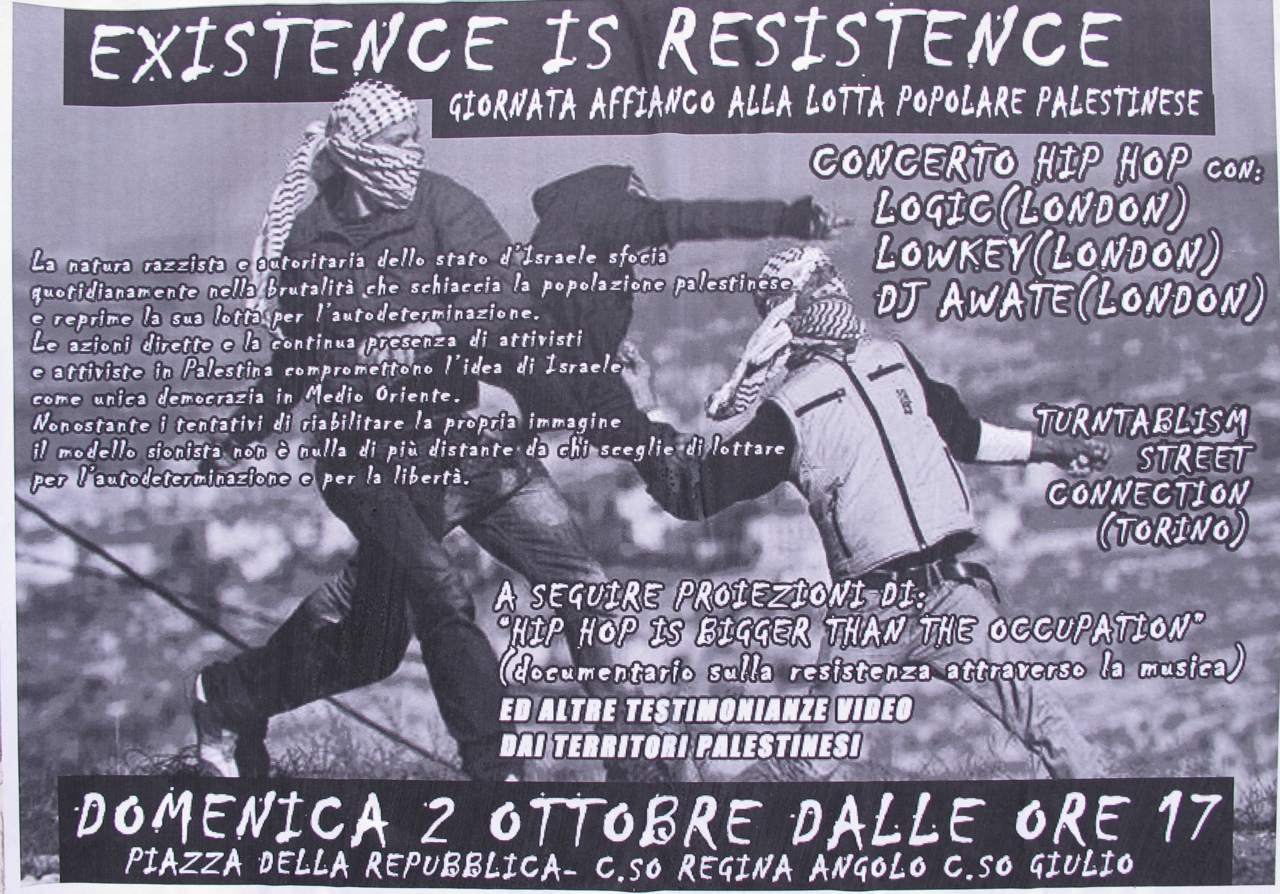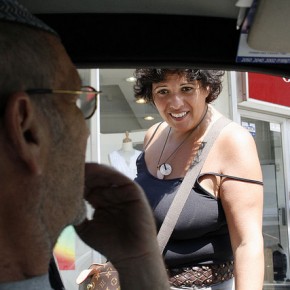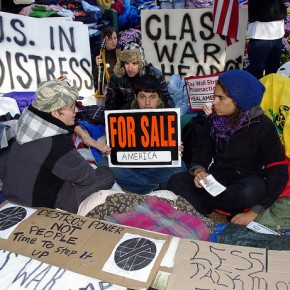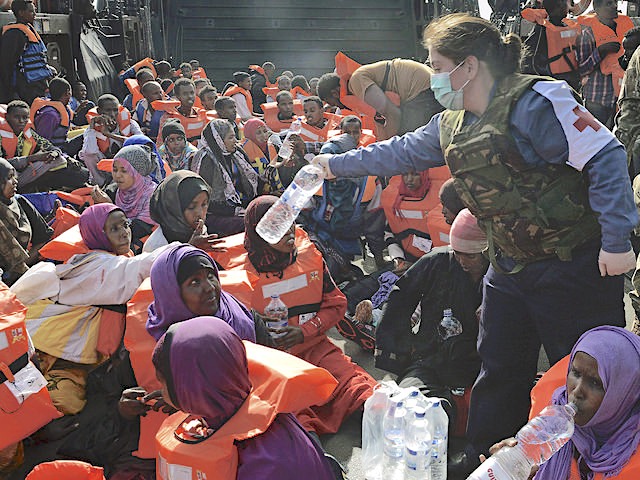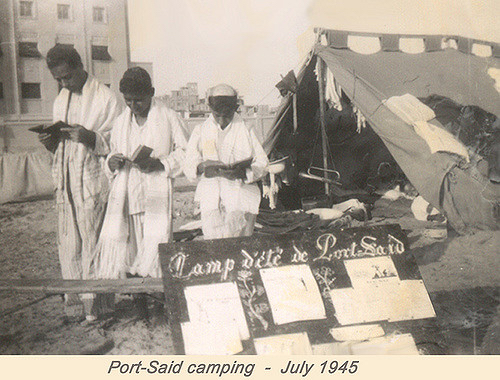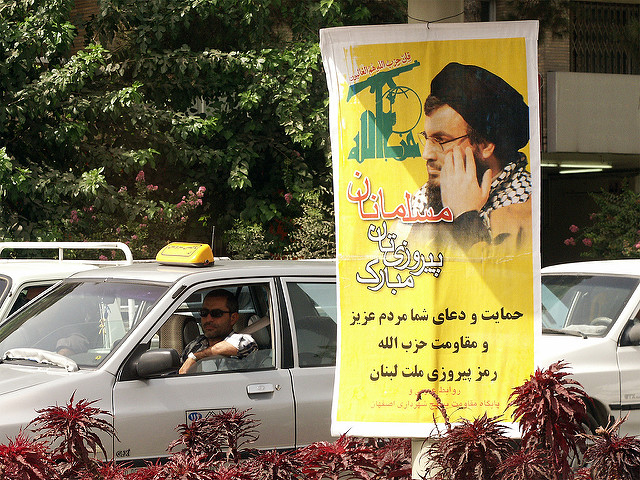If the Arab Spring has a soundtrack, it’s hip hop. Chalk it up to an online meme that went viral during the protests leading up to the Libyan War. Credit US public broadcaster National Public Radio with helping acquaint American audiences with it via the voices of Libya’s boisterous MCs, many of whom have not been heard from since.
Prior to this year’s unrest, in Europe, the best-known Arab hip-hop has traditionally been made by British musicians of Middle Eastern descent. Working primarily out of London, artists such as Lowkey and Shadia Mansour have earned much-deserved public attention for their work, both from activist quarters, and from UK public media, such as NPR-equivalent the BBC.
Still underground, many of these UK acts grace the stages of social centers in neighboring countries known for their highly politicized listening habits. Italy, of course, always a good place for touring artists from the United States and the United Kingdom, is no exception. Audiences are educated and enthusiastic. Hence this flyer, for a Palestinian solidarity gig, at a local Turin squat.
Don’t be fooled by the the stone throwers. As iconographic as their keffiyeh-wearing archetype seems, its significance, in a local context, is complex. Their violence does not just refer to their fight against Israel. It also refers to the threat of the burqa or veil, as it is promoted by anti-immigration advocates. Though they appear to be Palestinians, these veiled Arab men might just as well be Libyan migrants fighting for equality in Italy.
Photograph courtesy of Joel Schalit
